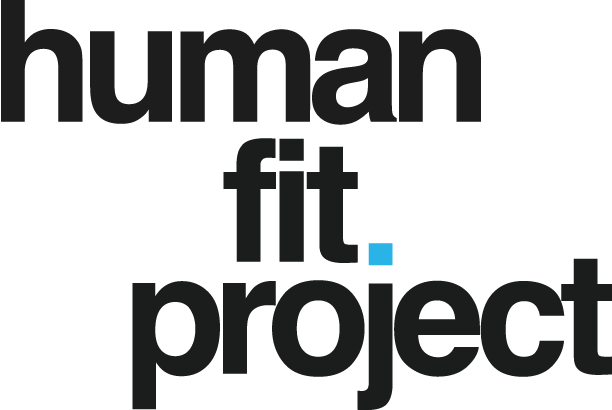The connection between hormone balance and fitness plays a vital role in our health, particularly after the age of 35. Hormones regulate various aspects of our bodies’ functions, including metabolism, muscle growth, and stress response. As we age, maintaining a hormonal balance becomes increasingly important for overall health, fitness, and well-being. Here, we will explore the essential hormones that impact health and fitness after 35 and discuss effective strategies to optimize them, empowering you to take control of your hormonal health
Related: 35+ free workout plans for different goals and ability levels
Related: The Over-40 workout plan for lean muscle
Key Hormones for Health and Fitness After 35
1. Testosterone
This hormone is essential for muscle building, fat loss, and overall energy levels. Both men and women need adequate testosterone levels for optimal health and fitness.
2. Estrogen
Crucial for bone health and metabolism, estrogen helps maintain a healthy body composition, particularly in women.
3. Growth Hormone
This hormone is responsible for promoting muscle growth, tissue repair, and recovery, making it vital for physical fitness.
4. Cortisol
Known as the “stress hormone,” cortisol affects inflammation, body composition, and energy levels. Balanced cortisol levels are essential for maintaining good health and fitness.
Strategies to Achieve Hormone Balance and Fitness
1. Balanced Nutrition
A balanced diet is key to promoting hormonal health. Include healthy fats (like avocados, nuts, and seeds), lean protein, whole grains, and a variety of fruits and vegetables to provide essential nutrients for hormone production and balance.
Related: 6 steps to starting a new diet that works for you
2. The Exercise Mix
Resistance Training
Incorporating strength training exercises, such as weightlifting or bodyweight workouts, can help boost hormone levels, particularly testosterone and growth hormone.
Related: To build muscle faster, lift weights
HIIT
High-intensity interval training has been shown to positively influence hormone levels, particularly growth hormone. Try including short bursts of intense exercise followed by recovery periods in your workout routine.
Related: The 30 best HIIT workouts for weight loss
Flexibility and Mobility
Stretching and practicing mobility exercises, such as yoga or pilates, can help reduce cortisol levels and support hormonal balance by improving circulation and promoting relaxation.
Related: Improving flexibility and mobility as you age
3. Sleep and Stress Management
Sleep
Prioritizing good sleep hygiene is crucial for hormone regulation. Aim for 7-9 hours of quality sleep each night and establish a consistent bedtime routine to support healthy hormone levels.
Related: 10 proven ways to get better sleep at night
Stress Reduction
Chronic stress can lead to imbalanced cortisol levels, negatively affecting health and fitness. Practice stress management techniques like meditation, deep breathing, and mindfulness to help maintain hormonal balance.
Related: Use breathwork to reduce stress and anxiety
4. Seeking Medical Guidance
If you suspect a hormone imbalance, it’s essential to consult with a healthcare professional. They can evaluate your symptoms, perform necessary tests, and provide guidance on the best course of action for achieving hormonal balance. Always prioritize a natural approach, focusing on lifestyle changes such as diet and exercise, before considering any medical interventions.
The hormone-fitness connection is crucial for maintaining optimal health and well-being after 35. By understanding the importance of key hormones and taking steps to optimize them through nutrition, exercise, and stress management, you can take charge of your hormonal health and enjoy better fitness and overall wellness as you age.
Don’t forget to give us a follow on social media: Instagram, Facebook, and Twitter

